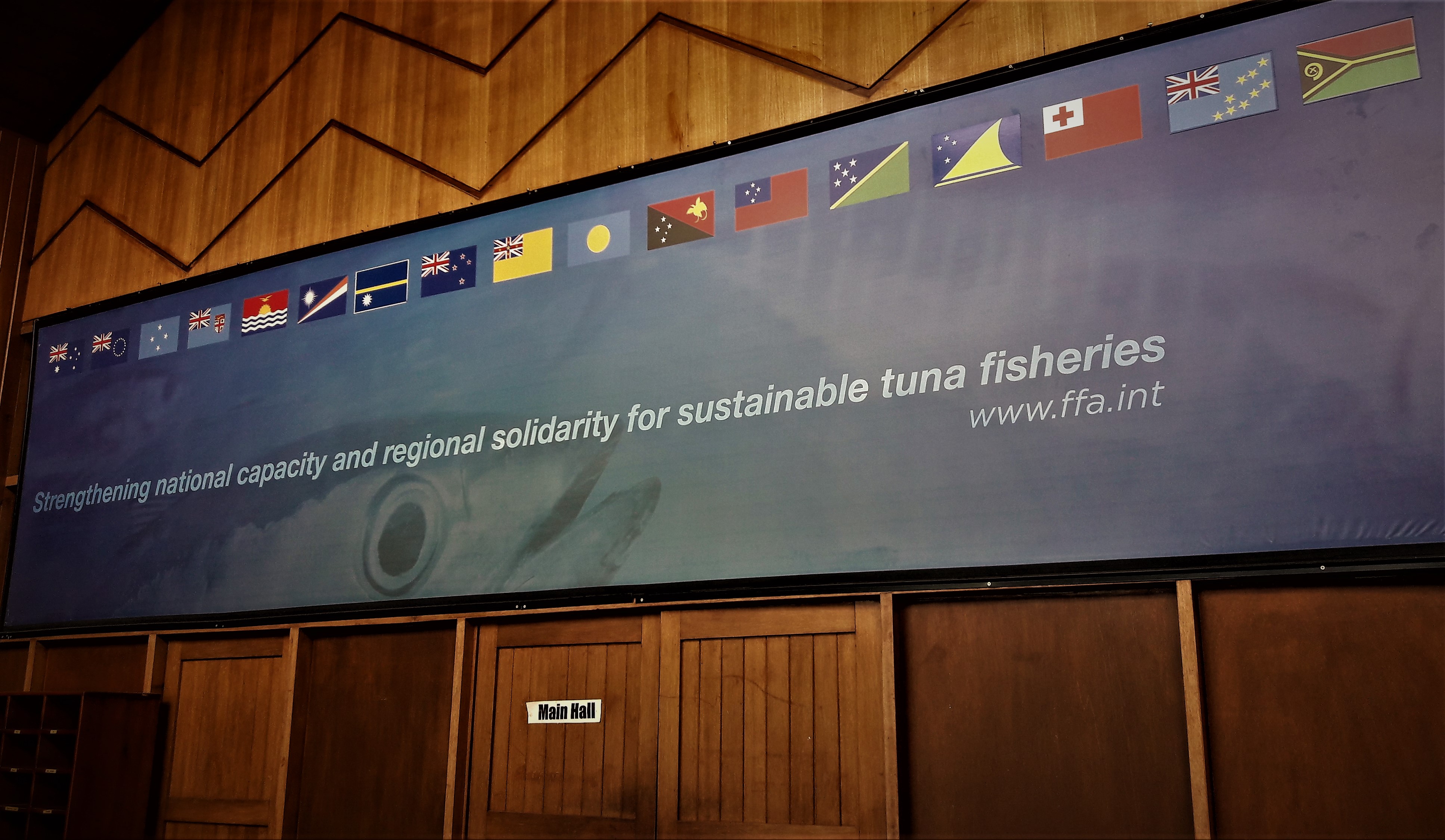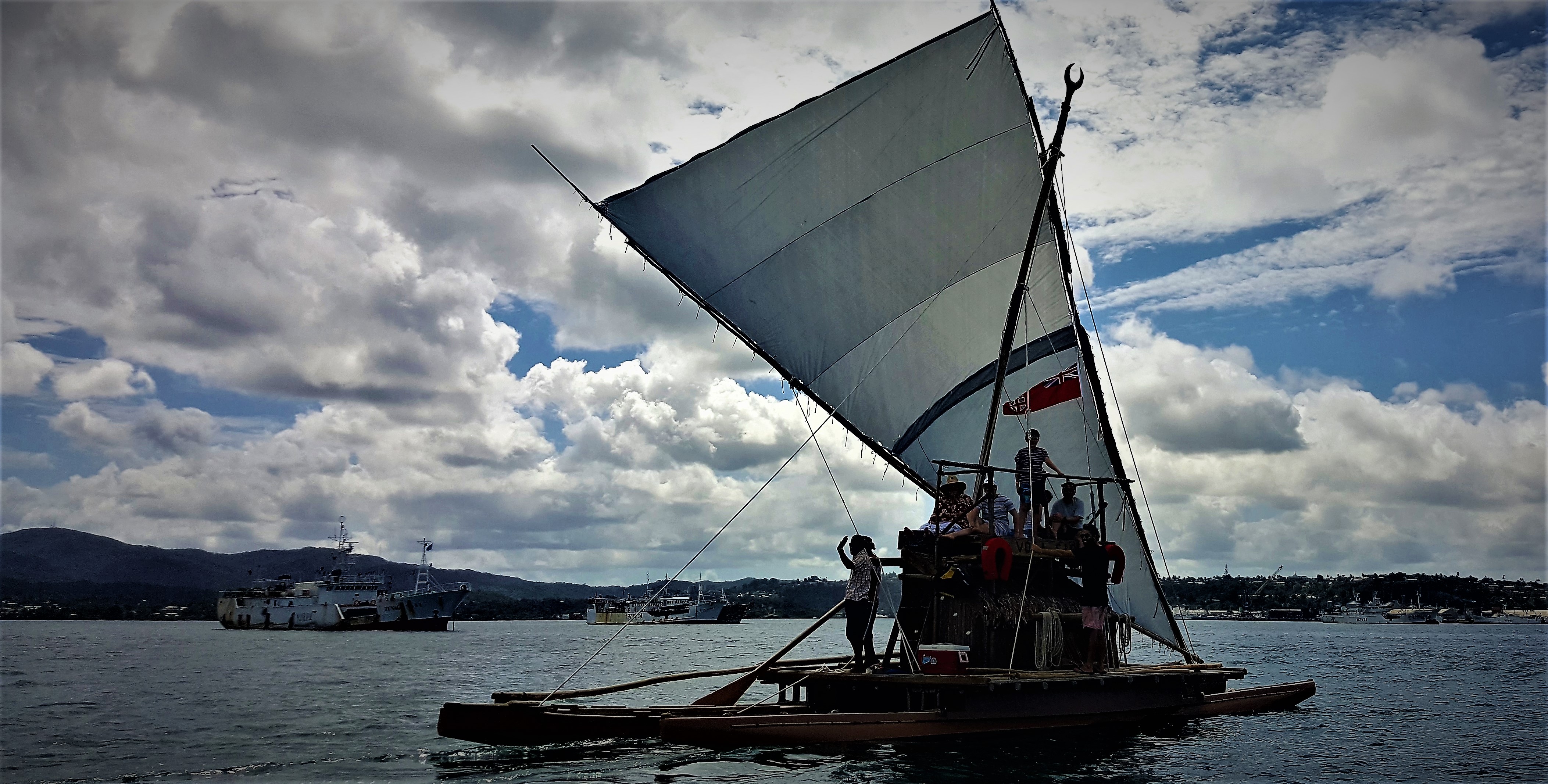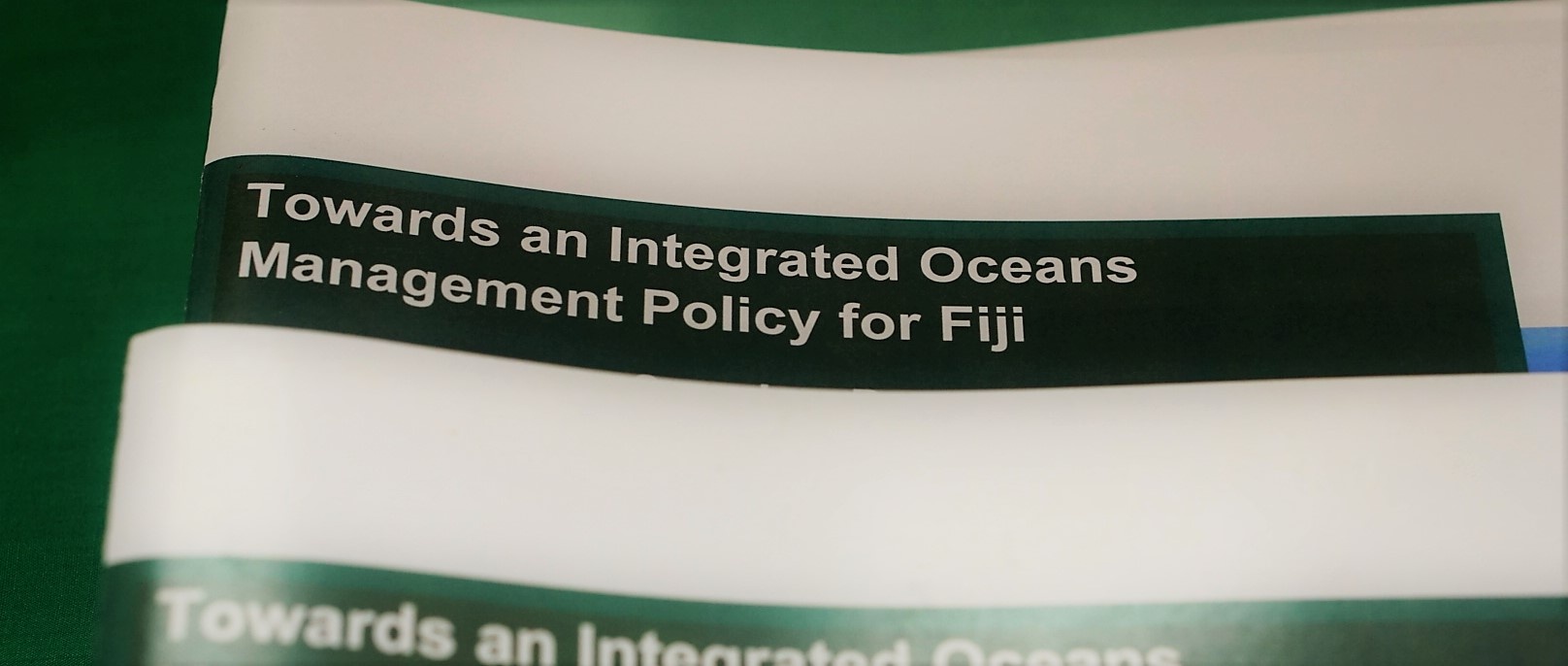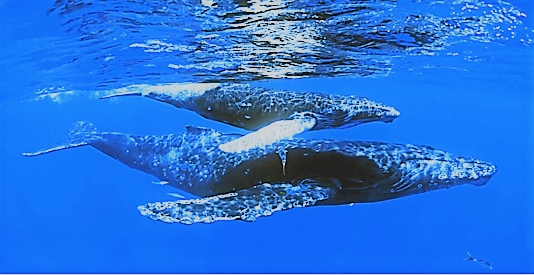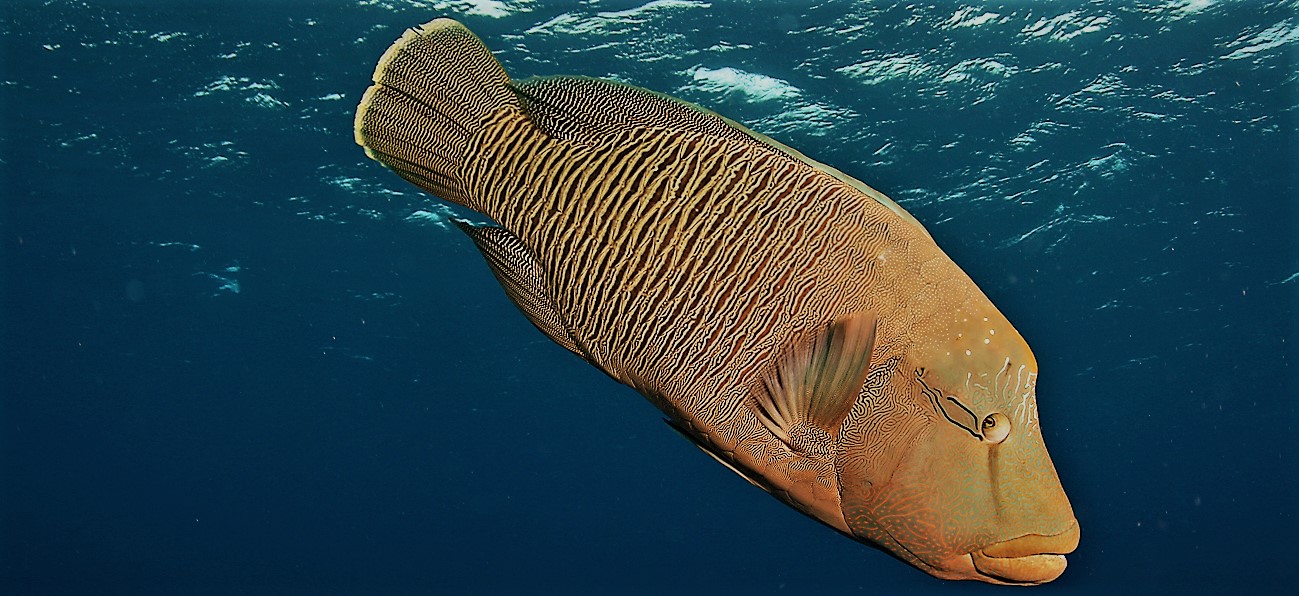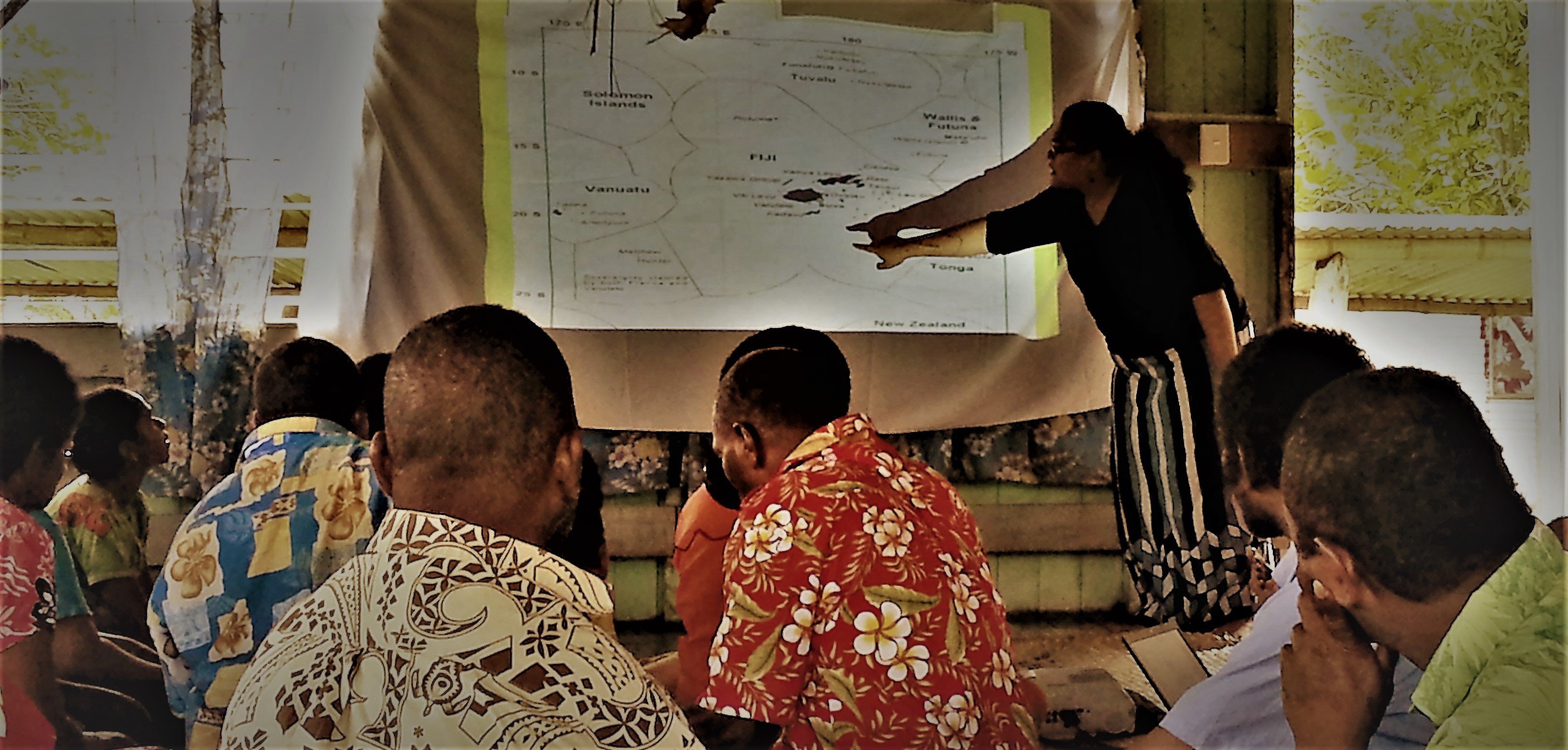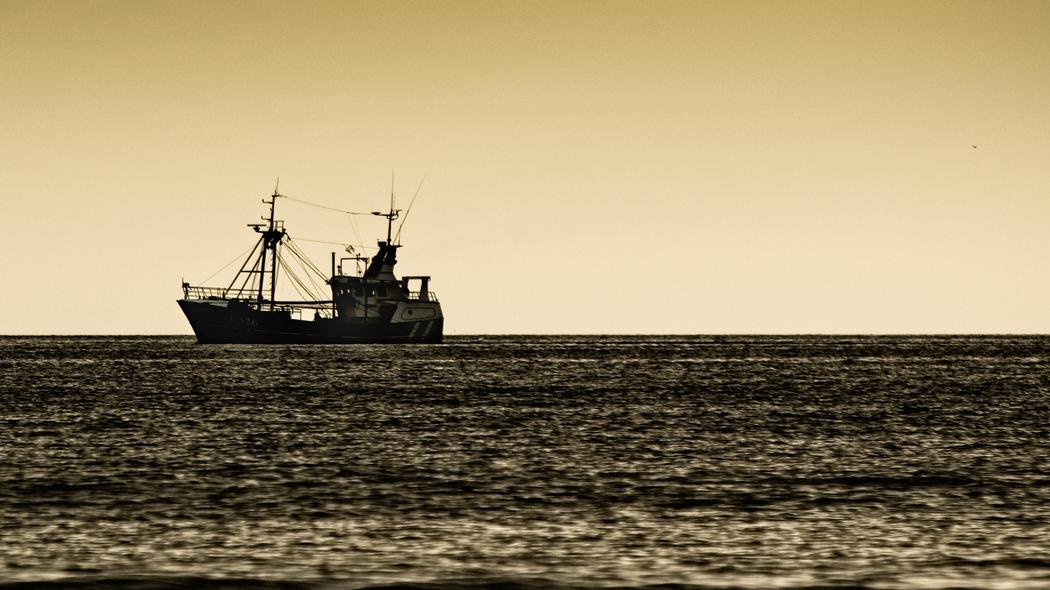Between 9-12 October 2017, the Forum Fisheries Agency hosted a Crewing Workshop in Honiara, Solomon Islands to discuss how to increase the benefits to Pacific Island economies from their fisheries resources. The Crewing Workshop addressed 2 questions:
- How to promote Pacific Islander crewing and increase Pacific Islander crew numbers on fishing vessels.
- How to develop and ensure minimum employment standards for any Pacific Islander fishing crew employed in the commercial fishing industry.
These questions were considered over 4 days by Government officials, training school representatives and private sector representatives from Fiji, Federated States of Micronesia, Kiribati, Marshall Islands, New Zealand, Papua New Guinea, Samoa, Solomon Islands, Tonga, Tuvalu and Vanuatu. This bulletin sets out the complex legal and governance challenges and the outcomes from the FFA workshop.




